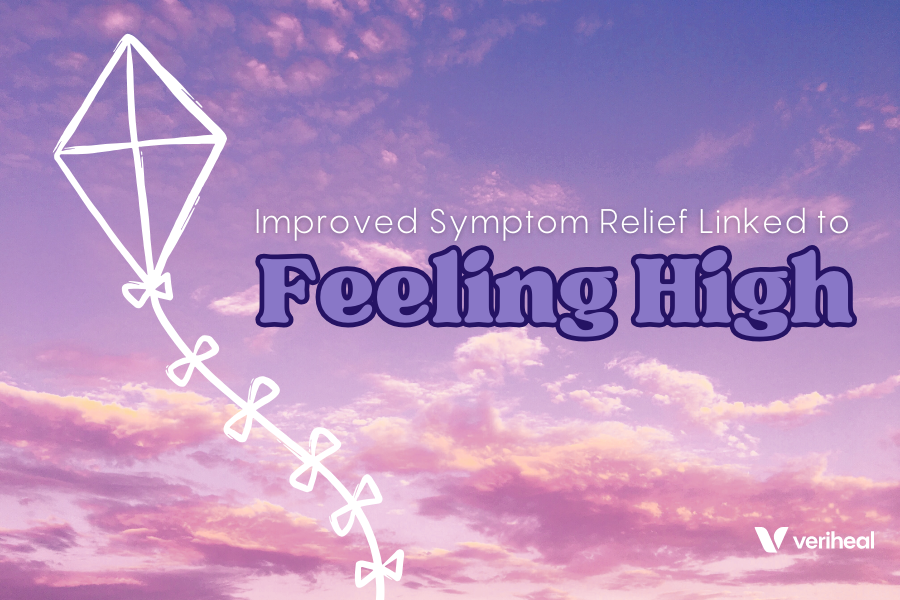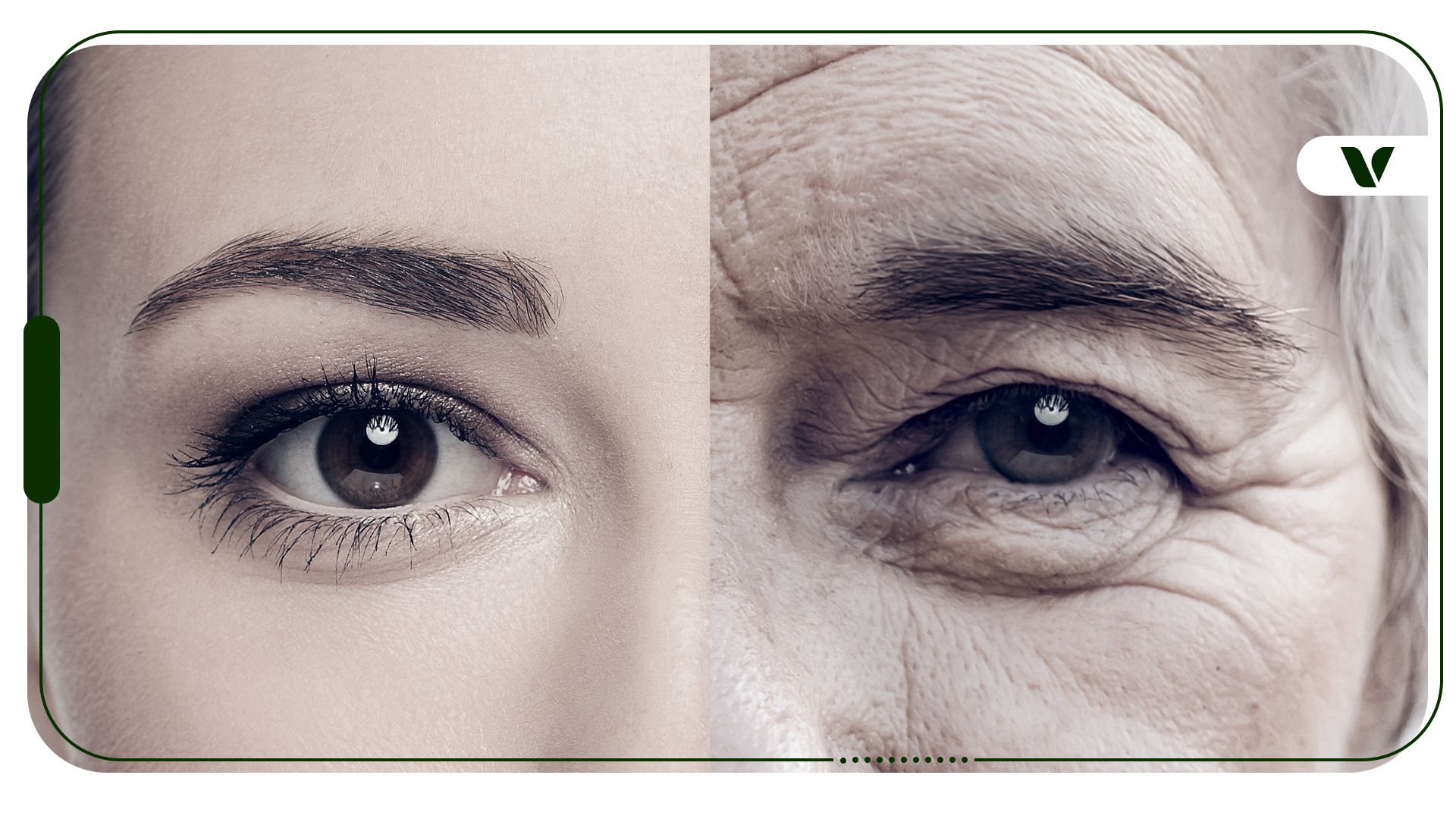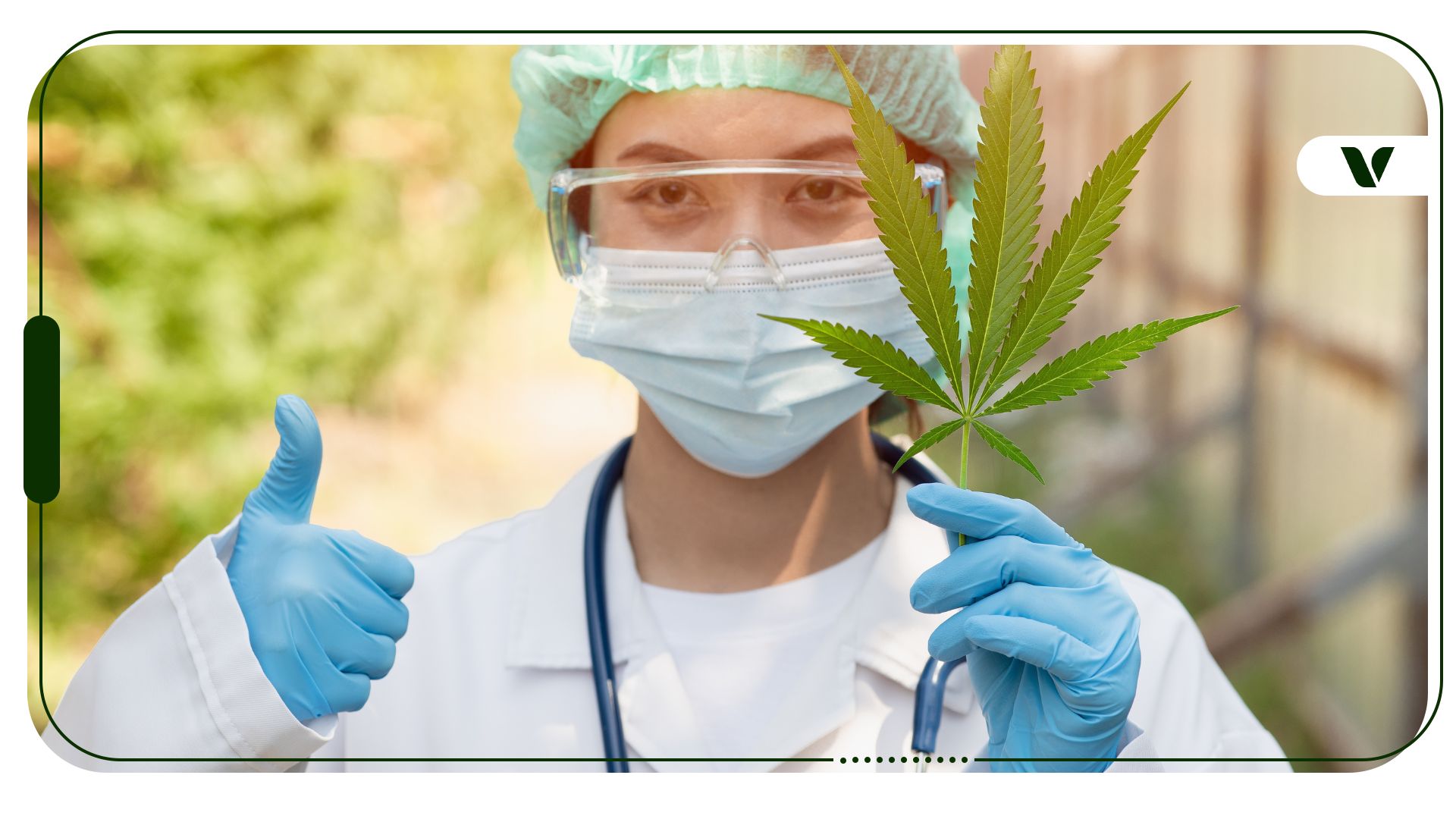According to a new study published by the University of New Mexico (UNM) in the prestigious journal Frontiers in Pharmacology, researchers have unveiled a significant correlation between the sensation of “feeling high” and the relief of medical symptoms among cannabis patients. This landmark study probes uncharted territories, challenging pre-existing assumptions and opening new avenues for understanding the therapeutic potential of cannabis.
Unraveling the Intentions Behind the Symptom Relief Study
Jacob Vigil, the study’s senior author and an Associate Professor of Psychology at UNM, shed light on the main driving force behind this research. He expressed:
“The concept of ‘feeling high’ is not well-defined in scientific studies and is usually tied to both a sense of impairment and euphoria. More often than not, this ‘high’ sensation is presumed to be the objective of recreational use, while being seen as a barrier to the medicinal potential of cannabis. Our paper questions this belief and concludes that the ‘high’ experience may be an inevitable part of using cannabis for medicinal purposes.”
The sensation of being ‘high’ has often been misunderstood. Primarily associated with recreational use and impairment, it has traditionally been an obstacle to medicinal usage. This study, however, disrupts this conventional view by probing into the potential therapeutic benefits that this ‘high’ sensation could offer when using cannabis medicinally.
Study Methodology and Findings: Improved Symptom Relief
The study utilized an extensive research approach involving nearly 2,000 medicinal cannabis consumers who recorded more than 16,000 “administration sessions” using the ReLeaf App. A detailed breakdown of the results reveals a balanced spectrum of both positive and negative side effects.
On the positive side, about 49% of participants reported feeling high, which was associated with desirable effects such as feeling “chill” or “happy.” However, they also complained about adverse reactions, including red eyes and dry mouth.
Intriguingly, the researchers found a significant correlation between ‘feeling high’ in relation to specific symptoms. The sensation of being high can cause clumsiness, confusion, dizziness, and foggy-mindedness. Ironically, research showed it also brought about a sense of happiness, gratitude, and optimism.
Digging deeper, the researchers examined the relationship between symptom relief and THC levels. It turned out that patients experienced increased symptom relief when they reported feeling high, especially when using a vaporizer compared to smoking flower.
This implies that the THC levels may play a crucial role in symptom relief, provided the patient feels high. This unique finding presents a novel perspective on the complex interplay between THC, the sensation of “feeling high,” and the relief of symptoms in medical cannabis patients.
Unique Variations in Cannabis Effects
The study didn’t stop at general findings. It also sheds light on the fascinating differences in the effects of cannabis, linked to variables such as:
- Gender
- Patient age
- The specific ailments addressed
Across both men and women participants, the therapeutic benefits were particularly noticeable for those suffering from pain, depression, anxiety, and fatigue. However, the study found that the sensation of being high failed to significantly relieve insomnia symptoms.
The age of the patients also emerged as a significant factor in their experience with cannabis. For patients over 40 years old, the relationship between the sensation of feeling high and relief from symptoms was less pronounced. These intriguing observations highlight that the therapeutic potential of cannabis is not a one-size-fits-all concept, but can vary significantly depending on individual characteristics and circumstances. Such findings emphasize the complexity of cannabis as a medicine and the need for individualized research and treatment approaches.
Why You Should Get Your Medical Marijuana Card
Veriheal has satisfied millions of patients nationwide by giving them access to these benefits
- Larger purchase limits
- Peace of mind
- Enhanced legal protection
- Access to higher potency strains
- Save up to 25% on cannabis purchases
- Skip the line at the dispensary
The Complex Landscape of Cannabis Research
Sarah Stith, the study’s lead author and an Associate Professor of Economics, stressed the challenges associated with cannabis research. Stith concisely summed up the issue, stating:
“Cannabis products are extremely variable in their phytochemical composition and patients vary extensively beyond even factors included in this study, such as symptom type, gender, age, and cannabis experience. In addition, factors that increase symptom relief, such as feeling high and THC, are associated with increased negative side effects such as impairment.” Overall, her comments highlight various complex issues associated with studying the therapeutic potential and the impacts of cannabis.
Recommendations and Implications
The study offers important recommendations and potential implications for clinicians, legislators, and the general public in light of these findings. It urges clinicians to familiarize themselves with the link between the sensation of feeling high and symptom relief in medicinal cannabis patients. A deeper understanding of this connection can aid in creating more effective and patient-centered treatment plans.
For legislators, the study presents the compelling suggestion that the use of recreational cannabis could lead to “unintended health benefits.” This perspective could significantly influence future policy decisions in states where recreational cannabis is still illegal.
Envisioning the Future of Cannabis Research
In their closing remarks, the researchers highlighted the need for future studies to examine the physical and mental effects of using non-cannabinoid phytochemicals, such as terpenes, produced by the cannabis plant. They also emphasized exploring how heat exposure (through vaping at a controlled temperature) and pressure can affect the absorption and action of these compounds.
A Final Take on the Study’s Insights
This study serves as a significant milestone in the ongoing journey to fully comprehend the therapeutic potential of cannabis. While this study sheds new light on being “high” due to medical cannabis use, it also underlines the importance of continued research in this area.
As we move forward, these insights will be pivotal in guiding the development of more effective, customized treatments. Consequently, this will aid medical professionals in harnessing the full therapeutic potential of this versatile plant, and it has the potential to revolutionize the lives of patients worldwide.
Interested in trying medical cannabis? Sign up for an appointment with a medical marijuana doctor today!
Note: The content on this page is for informational purposes only and is not intended to be professional medical advice. Do not attempt to self-diagnose or prescribe treatment based on the information provided. Always consult a physician before making any decision on the treatment of a medical condition.
Author, Share & Comments








